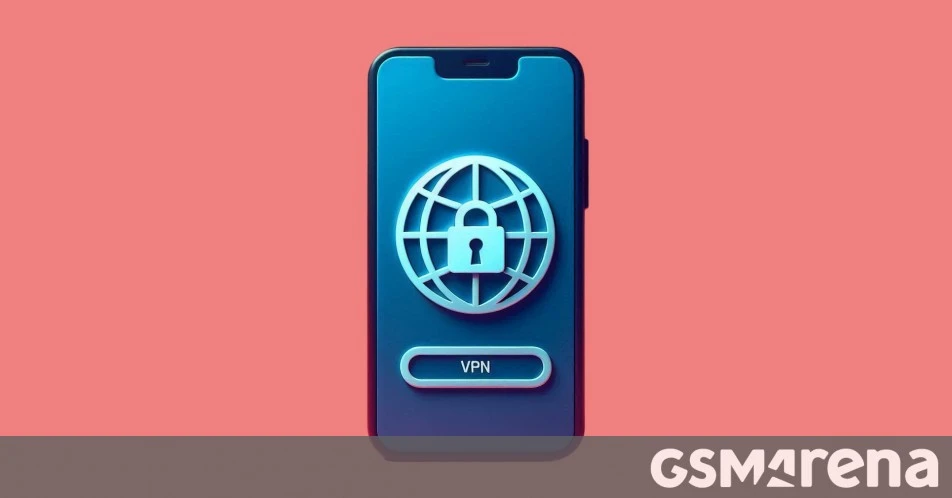How VPN connection affects your phone’s battery life?
How VPN connection affects your phone’s battery life?

m.gsmarena.com
How VPN connection affects your phone’s battery life?

How VPN connection affects your phone’s battery life?

How VPN connection affects your phone’s battery life?
